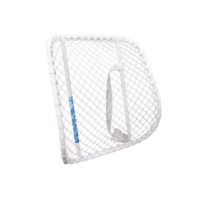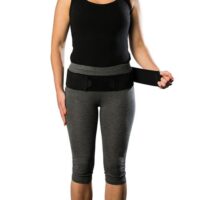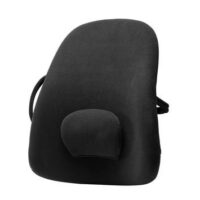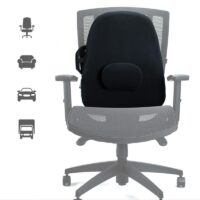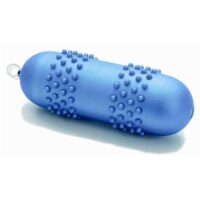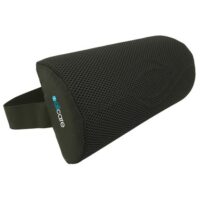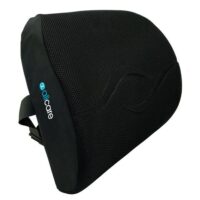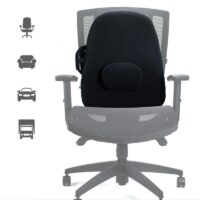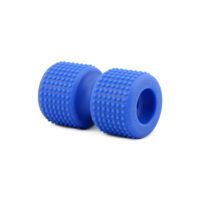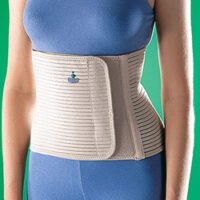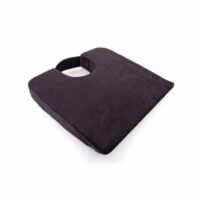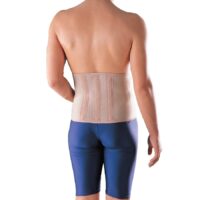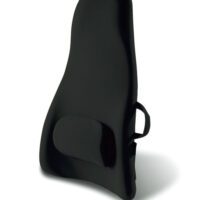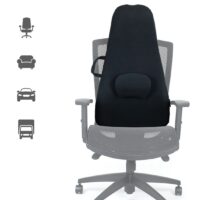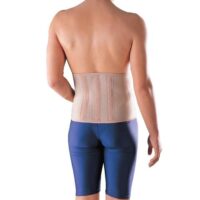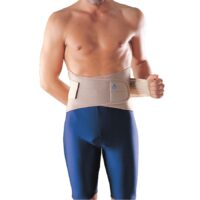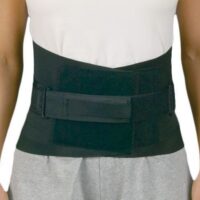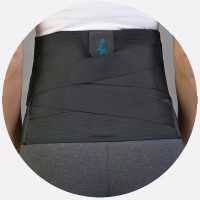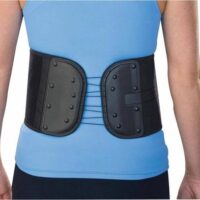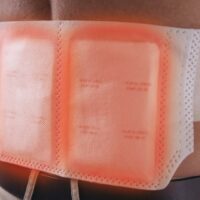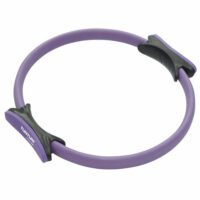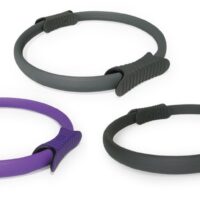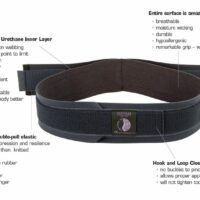Back Pain Research
Lower back pain (LBP) is one of the most common conditions in health care. Approximately 80% of the population will suffer low back pain at some point in their lives. Lower back pain costs our country billions of dollars every year through absenteeism and injury rehabilitation.
It is critical to all those who suffer from low back pain that a safe and effective treatment protocol can beat lower back pain. Australian physiotherapists lead the world with groundbreaking research to improve the treatment and prevention of low back pain.
At PhysioWorks, we are glad to offer both immediate pain-relieving techniques and longer-term preventative programs to stop recurring lower back pain.
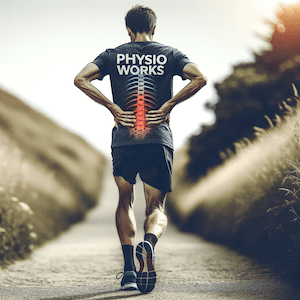
How Can PhysioWorks Help Your Lower Back Pain?
Well-designed research and highly skilled clinical practice have physiotherapy evidence as a safe, effective and low-cost management approach for low back pain.
PhysioWorks’ physiotherapists are highly skilled. They are well respected to assess, diagnose, and successfully treat patients with low back pain from musculoskeletal dysfunction.
Our injury management involves not only ‘joint manipulation’ like some other health practitioners, but also less forceful but equally effective passive examination and treatment techniques, effective therapeutic exercise (strengthening and stretching) and vital advice on posture, lifting and movement pattern abnormalities. In other words, your physiotherapist will address the immediate problem and then help you stop it from coming back using many techniques and skills.
Evidence-Based Physiotherapy for Low Back Pain
Physiotherapists have undertaken substantial research investigating the techniques used according to stringent research guidelines. Physiotherapists base their treatment protocols on scientific research evidence, unlike some alternative back pain remedies.
Based on a comprehensive review of the scientific literature, the Australian Physiotherapy Association (APA), with assistance from the Musculoskeletal Physiotherapists Association (MPA), has developed a recommendation for the successful treatment of low back pain.
Low Back Pain – Acute (less than three months)
There is considerable evidence to support that spinal manipulative therapy (SMT), including passive mobilisation and manipulation, McKenzie therapy and the encouragement of early active movement, rather than bed rest, is effective in the short-term management of low back pain.
SMT provides a better short-term improvement in both pain and the return to normal activity levels than the comparison regimens of traction, massage, short-wave diathermy and epidural injections.
Compared to placebo or other conservative treatment, a recent meta-analysis reports twelve out of sixteen trials favourable for SMT.
Chronic Low Back Pain – Greater than three months
There is strong evidence to support that exercise programs result in a faster return to work rate, reduced absenteeism, and disability than control groups.
Your PhysioWorks’ physios possess the necessary skills and education to individually assess each low back pain candidate and then appropriately design, prescribe, supervise and progress your successful low back pain exercise program.
Currently, physiotherapists are pioneering research investigations into the mechanisms contributing to chronic and recurrent low back pain. The evidence to support their efficacy is continually increasing.
The spinal manipulative techniques (SMT) are more effective in managing chronic low back pain than bed rest, pain killers and massage, with six out of eight trials supporting this evidence.
More importantly, the combination of SMT and specific exercises have increased support in managing low back pain. Your PhysioWorks physio has the necessary skill and knowledge to provide you with optimal low back pain care.
Real-Time Ultrasound-Guided Treatment
The best way to activate the correct core stability muscles is to see them working on an ultrasound scan. Yes, it’s just like seeing an unborn baby. We now have this fantastic technology at several of our PhysioWorks clinics.
Back Pain Info




